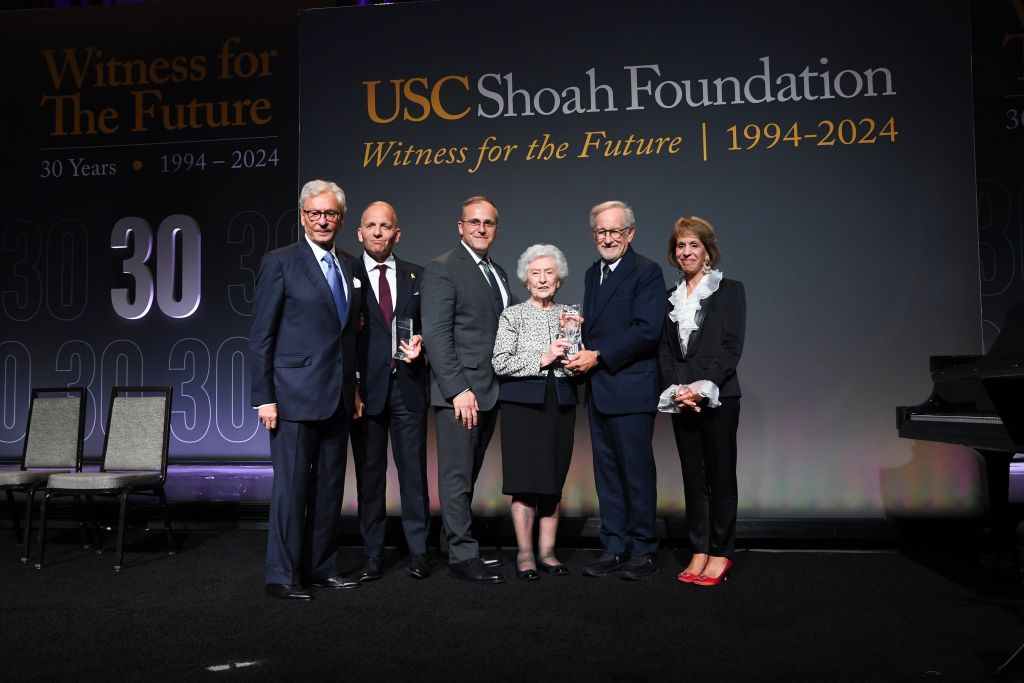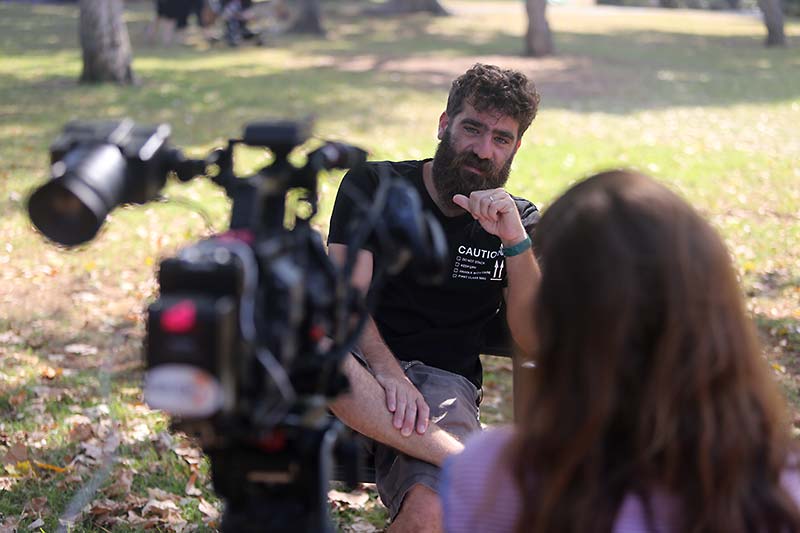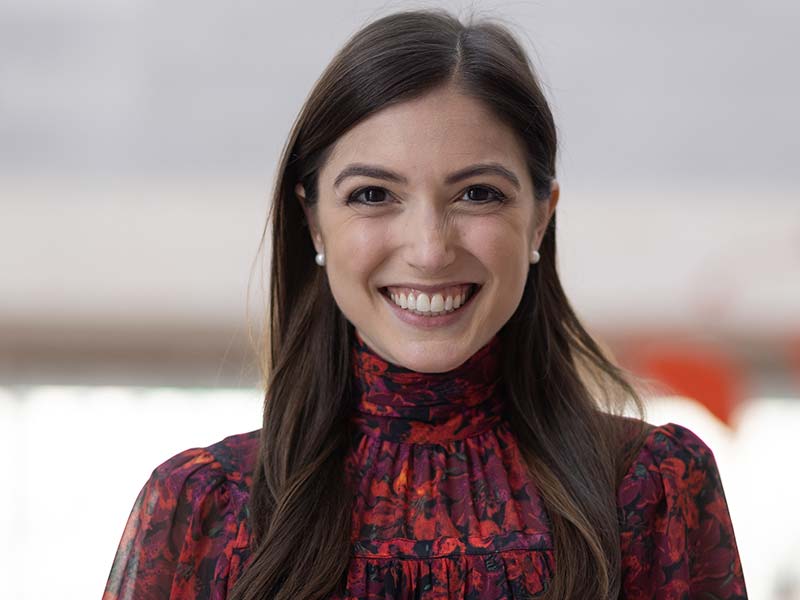All Current News Stories
XR Experience “Inside Kristallnacht” Takes Audiences Through Pivotal Moment in Holocaust History
The USC Shoah Foundation partnered with the Conference on Jewish Material Claims Against Germany (Claims Conference) on the development and launch of Inside Kristallnacht, an innovative mixed-reality experience that presents audiences the events of Kristallnacht through the eyes of Holocaust survivor and activist Dr. Charlotte Knobloch.
Read More
A Tribute to Professor Yehuda Bauer
Yehuda Bauer (z”l) was much more than his many well-deserved titles, including (but not limited to) Professor Emeritus of History and Holocaust Studies at the Avraham Harman Institute of Contemporary Jewry at the Hebrew University of Jerusalem, Academic Advisor to Yad Vashem, and Honorary Chair of the International Holocaust Remembrance Alliance. He was also a friend and mentor.
Read More
Ambassadors for Humanity Gala Honors Holocaust Survivors
New York, NY (October 14, 2024) —Nearly 700 guests convened for an unforgettable evening of celebration and inspiration at the USC Shoah Foundation’s Ambassadors for Humanity Gala. This milestone event marked the institute's 30th anniversary, honoring the resilience of Holocaust survivors while emphasizing the critical importance of preserving their testimonies for future generations.
Read More
Witnesses and History: October 7 Attacks, One Year Later
The USC Shoah Foundation stands in solemn tribute to the memory of those murdered by Hamas on October 7, 2023, and to those hostages still in captivity. As we mark this day, we reflect not only on the devastating loss of life but also on the dangerous beliefs that led to this atrocity.
The attacks on October 7 revealed the persistence of virulent antisemitism in communities across the globe. Antisemitism threatens the memory of the Holocaust, threatens individual lives and communities, and undermines democratic values, the rule of law, and global security.
Read More
The USC Shoah Foundation Launches Countering Antisemitism Laboratory
With antisemitic harassment and violence surging ferociously around the globe, the USC Shoah Foundation establishes a Countering Antisemitism Laboratory to research and combat one of the world's most virulent hatreds.
The USC Shoah Foundation seeks an inaugural director for the Countering Antisemitism Laboratory, which will work with scholars, journalists, policymakers, and other leadership groups to address all forms of antisemitism. The Laboratory will house a major collection of testimonies from survivors of antisemitic violence, training programs centered on understanding and responding to antisemitism, an initiative focused on digital antisemitism and Holocaust denial, and other practical research efforts.
Read More
USC Shoah Foundation Names Mollie Bowman Managing Director of Living Links
The USC Shoah Foundation and Living Links have named Mollie Bowman Managing Director of Living Links, the first national organization created to engage and empower third-generation (3G) descendants of Holocaust survivors.
An estimated 1 million grandchildren of Holocaust survivors live in the United States. At a time when the number of Holocaust survivors is dwindling and antisemitism is on the rise, 3Gs are uniquely qualified to offer personal accounts about how unchecked hate led to the Holocaust.
Read More
You can help us make a difference
Our programs power research, education, and public initiatives that preserve Holocaust memory and support new efforts to counter antisemitism.






